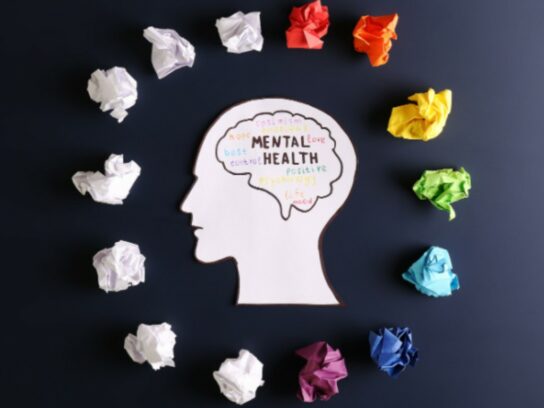
May is National Mental Health Awareness Month. A man named Clifford Beers, who founded Mental Health America, established the month in 1949. The goal was to raise awareness, reduce stigma, and push for policies to improve people’s mental health.
National Alliance on Mental Illness Walk
Adventist HealthCare Shady Grove Medical Center is trying to shine a spotlight on mental health care. It is sponsoring a walk at the Rio in Gaithersburg on Saturday, May 18 from 9:00 am-12:00 pm. It will take place at the Serenity Spot. The walk is in partnership with the National Alliance on Mental Illness (NAMI).
Mental Health Treatment
The hospital is the second largest mental health care provider in Maryland. It provides many services. Shady Grove has 7 in-patient units that cater to a variety of people. It also has a partial hospitalization program which is a step down to its in-patient program. In addition, Shady Grove has an outpatient chemical dependency program. The intensive program lasts between 3 and 4 hours. The hospital also has two private schools associated with its Behavioral Health Services program. They are the Ridge School of Montgomery County which serves middle and high school students and the Lourie Center School which works with elementary school children. Both schools are in Rockville.
MCM spoke with Kandy McFarland who is the Vice-President Behavioral Health Service Line at Adventist HealthCare about why people should pay as much attention to their mental health as their physical health:
Here is a link for more information about Saturday’s walk:
https://www.namiwalks.org/index.cfm?fuseaction=donorDrive.event&eventID=1472
Mental Health and Children
Meantime, McFarland says mental health can present itself differently in children than in adults. Parents of elementary school children should pay attention if their child is exhibiting more tantrums or aggressive behavior. A teacher may notice a child is not interacting with classmates or is sitting in a corner by him or herself.
Middle schoolers also can experience mental health issues especially since they are moving closer to adulthood. Hormones are raging. McFarland says middle schoolers may engage in more risky behavior and may start experimenting with substances.
High schoolers also could experience mental health issues. Parents may notice their children have lost interest in their normal activities, have trouble eating or sleeping, or do not want to hang out with their friends any more. McFarland says it is important to talk with your pediatrician and seek help if you are concerned.


Comments are closed.